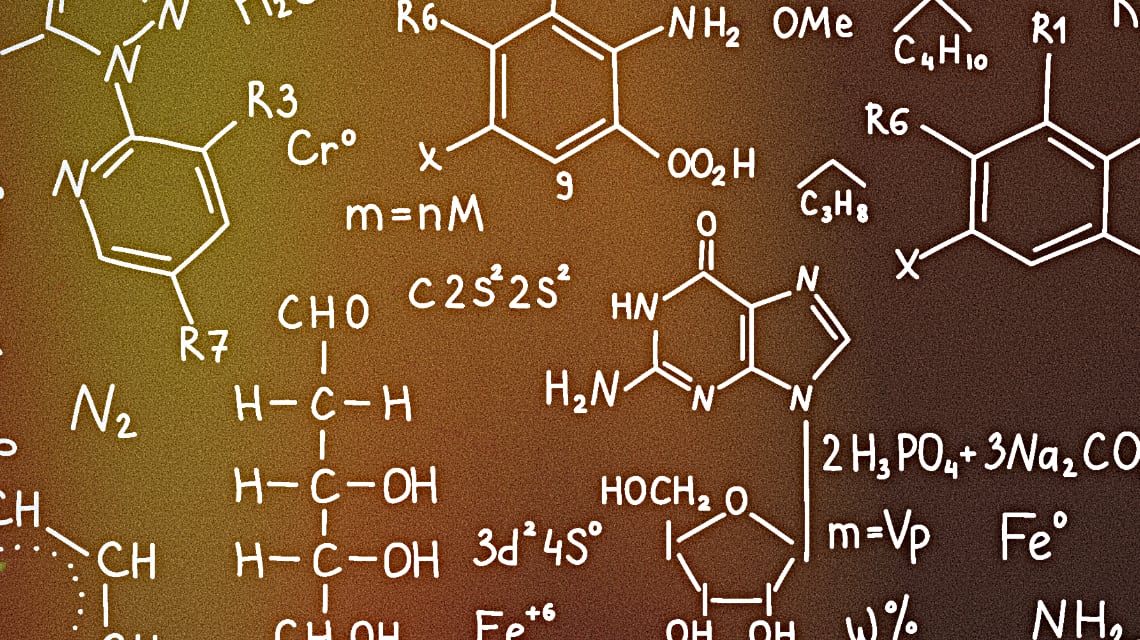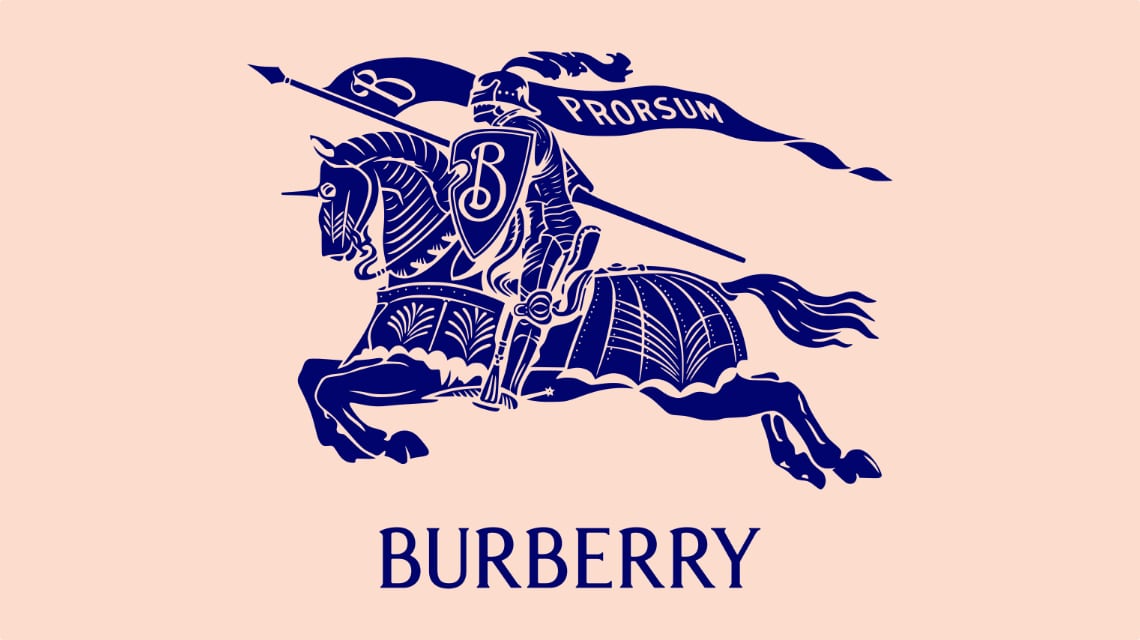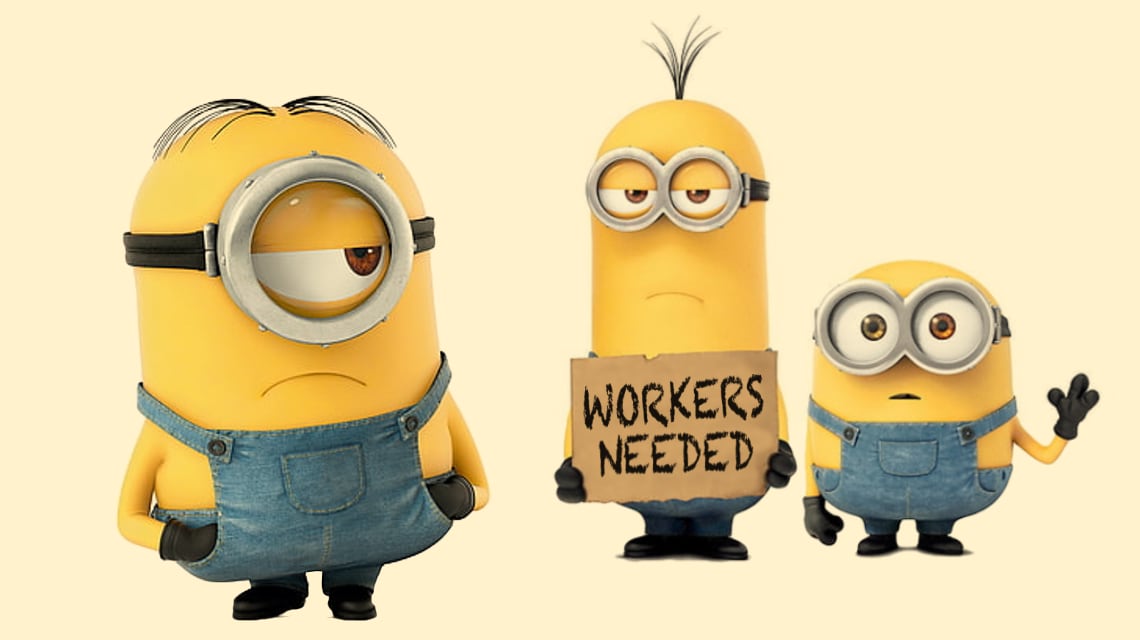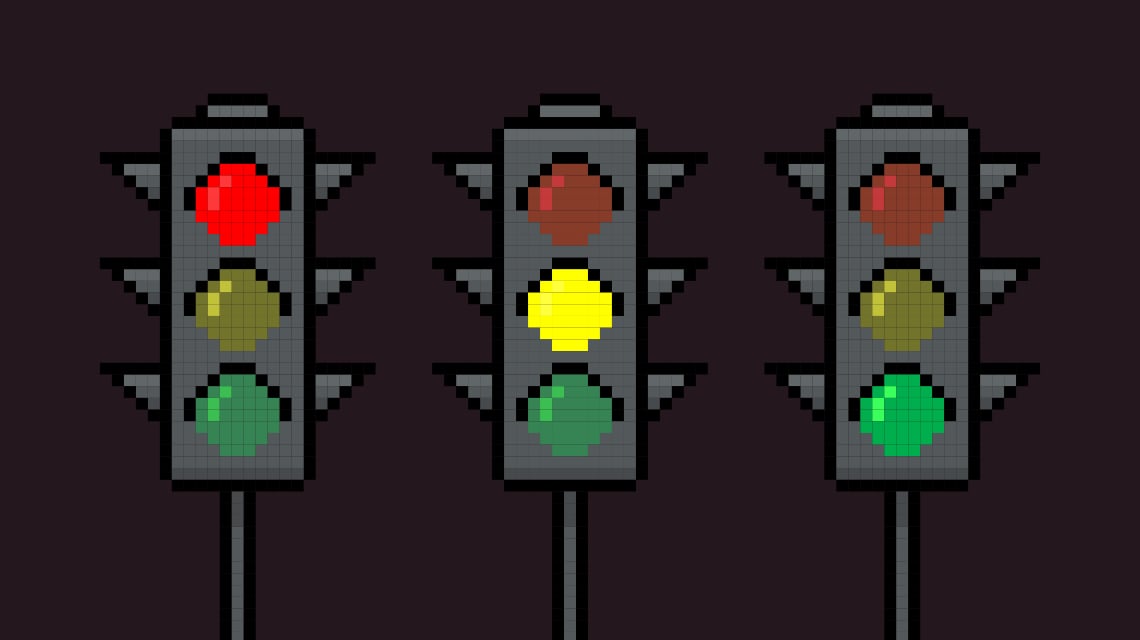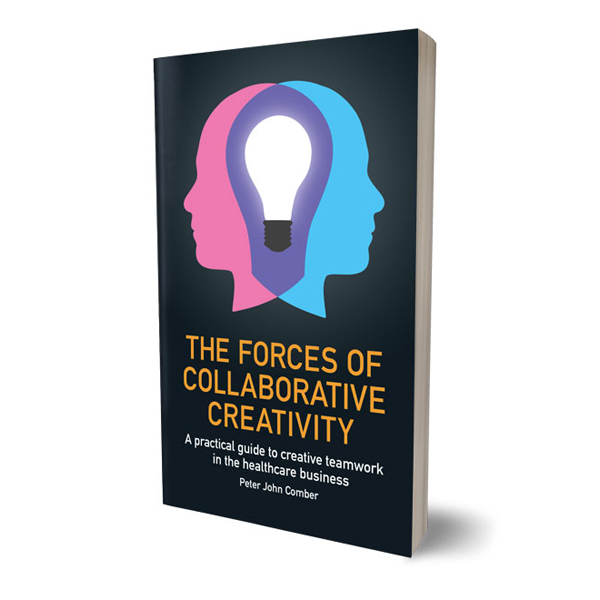Plain language summaries, please.
If you can't explain something in simple terms, you haven't explained it.
Scientific journals have been around since 1665, the year the French ‘Journal des sçavans’ and the British ‘Philosophical Transactions of the Royal Society’ began systematically publishing research results. One of humanity’s great inventions, the impact of 350 years of scientific journals has been immensely positive, even if access to them is very exclusive. Science can be conceptually challenging but usually, it is the vocabulary and academic prose that make it truly incomprehensible for all but the researchers and advanced students in a specific field. Happily, things are changing.
Plain Language Summaries (PLS) are now required by many journals when submitting scientific articles. A PLS must convey the same information as the article abstract but using language that is easily understood by a wider audience. Furthermore, while the complete article is usually behind a paywall, the PLS is normally free to consult online. This is very positive for health information because access to reliable and easy to understand knowledge is a question of social justice and safety. The internet illudes us that we have vast knowledge at our fingertips. The reality is that fake news and spurious sources mean we mustn’t rely blindly on the results of a web search.
Hopefully, the scientific community will dedicate greater attention to PLS and more and more people will discover PLS as a reliable and readily accessible reference. In particular, I hope patient-friendly clinical trials information will enable people to better understand the illnesses that affect them and their loved ones and also the therapies they are offered. I work constantly with patients and patient associations and the most common theme is that healthcare professionals don’t explain enough or clearly enough. I don’t put the blame entirely on the doctors, they aspire to be healers, not teachers and I believe they too would find it easier to educate their patients if part of their knowledge was readily available in simplified terms. The responsibility for that lies with those who make scientific discoveries.
